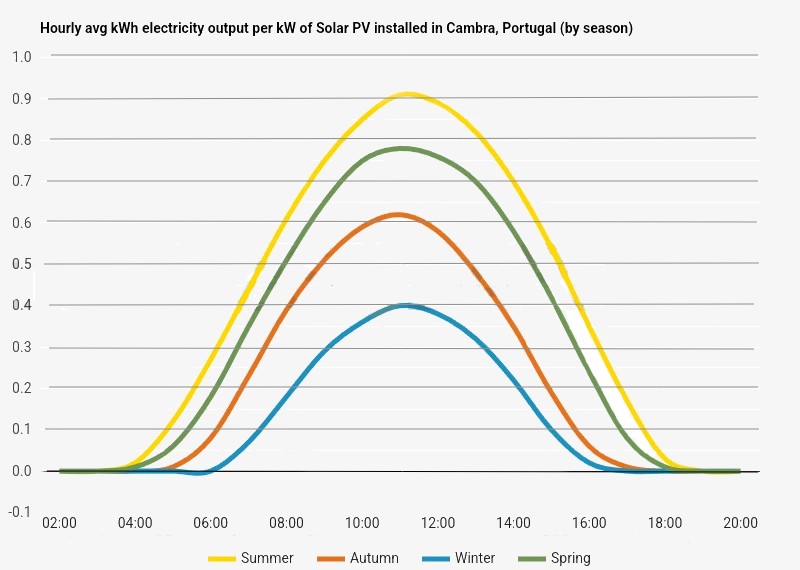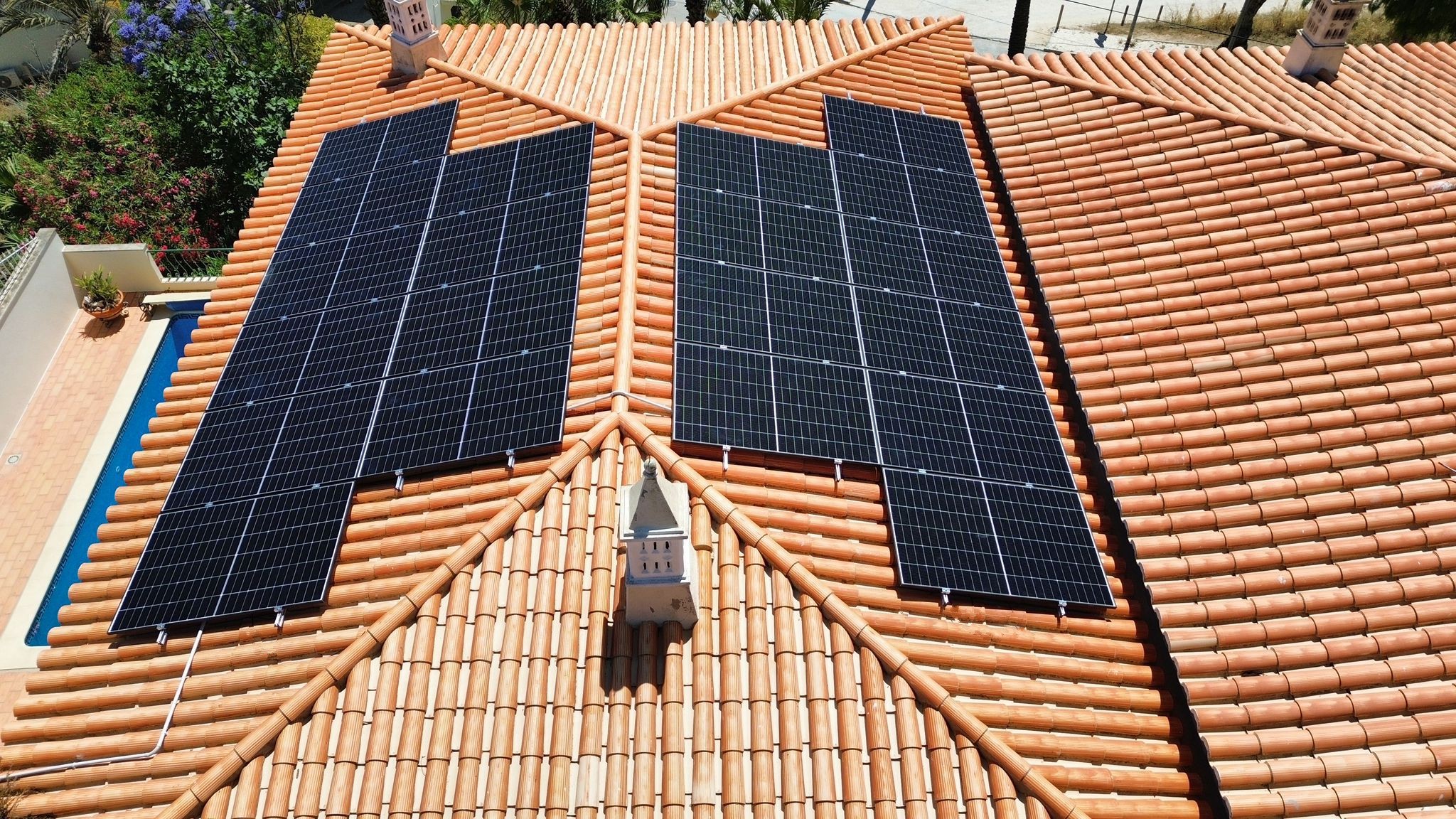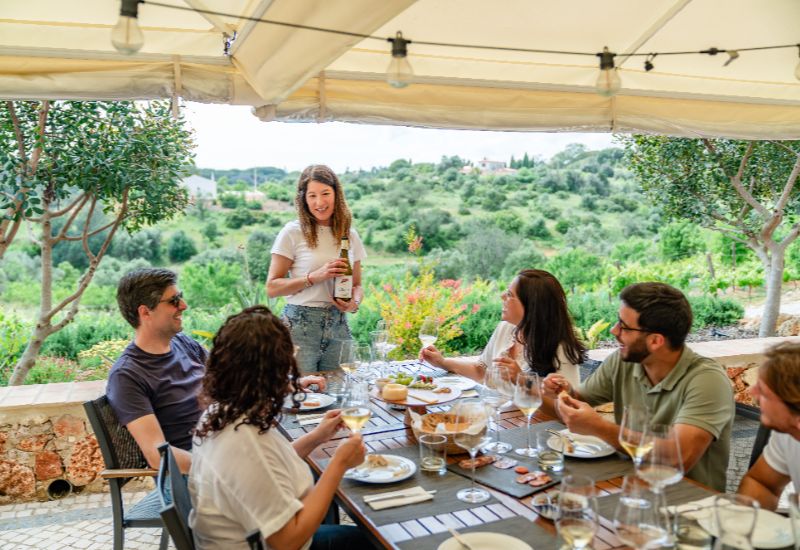Solar panels are one of the smartest investments for households in Portugal, especially in the Algarve, where sunshine is abundant almost year-round. When paired with a home battery, the energy produced during the day can be stored and used later in the evening, reducing reliance on the grid.
A common question homeowners ask is: “how much do solar panels actually produce in winter compared to summer?”
The answer depends on a mix of factors: daylight hours, the angle of the sun, cloud cover, and even temperature. And while Portugal’s climate differs significantly from that of northern Europe, there is still a seasonal variation worth understanding.

Summer vs Winter Production in the Algarve
In midsummer, Portugal enjoys 14 to 15 hours of daylight. By December, this drops to around 9 to 10 hours. While production does fall, it’s still far higher than in countries like the UK, where winter days can shrink to as little as seven hours.
The sun also sits lower in the sky during winter, which means solar panels receive light at a shallower angle. This reduces efficiency somewhat, but Portugal’s southern latitude (around 37°N) means panels continue to capture far more sunlight than in northern regions. On average, solar systems in Portugal generate about 30–40% less power in winter than in summer. This is far better than the 70–80% seasonal drop often reported in northern Europe.
What Influences Solar Output?
Summer production is naturally higher thanks to long, clear days. Winter output is reduced by shorter days and the lower sun, but Portugal’s mild climate and frequent sunshine keep systems performing well, even in December and January.
It’s also worth noting that solar panels don’t necessarily perform best in the heat. High summer temperatures, often 30–35°C in the Algarve, can slightly reduce efficiency. In cooler winter air, panels operate more efficiently, which helps balance the shorter days.
And while cloudy weather lowers production, it never stops it completely. With the Algarve’s many clear-sky winter days, panels continue to deliver steady output even in the darker months.
Balancing Solar Energy Year-Round
Home batteries help smooth out seasonal differences, storing surplus energy from sunny days for evening use. Placement also matters: adjusting the tilt of panels in winter can capture more sunlight when the sun is lower in the sky, provided the roof allows for it. Finally, shifting some electricity use to daylight hours, such as running appliances during the day, makes the most of solar energy in every season.
What to Expect in Portugal
In the Algarve, solar production in winter typically reaches 60–70% of summer levels, depending on the system size, orientation, and shading. To put it into perspective, a 20-panel system might produce around 2,400–2,800 kWh in July and still deliver 1,400–1,800 kWh in December.
This means that even in winter, solar panels in Portugal remain a significant and reliable source of power, a substantial advantage compared to northern Europe.
Footnote
Voltaicos is a solar company in the Algarve, specialising in installations for international homeowners. The team speaks English, Dutch, German, and French, ensuring personalised service.
www.voltaicos.pt | (+351) 926 250 355 / (+351) 289 580 117 | info@voltaicos.pt |
















